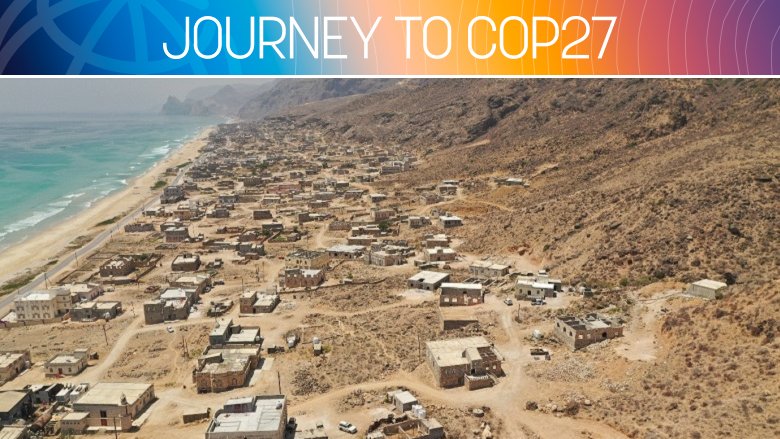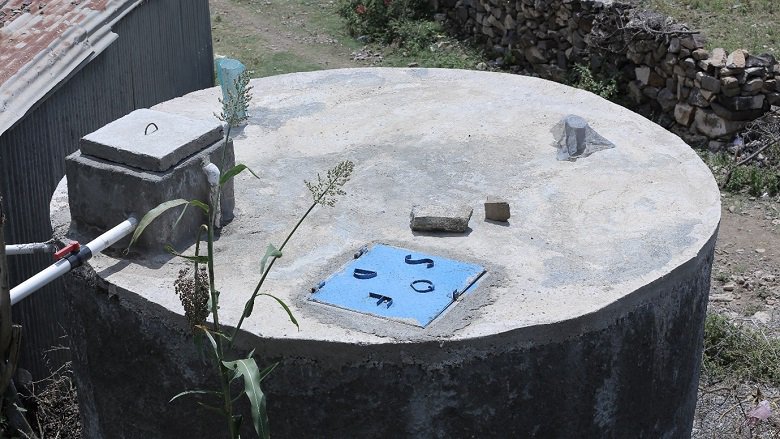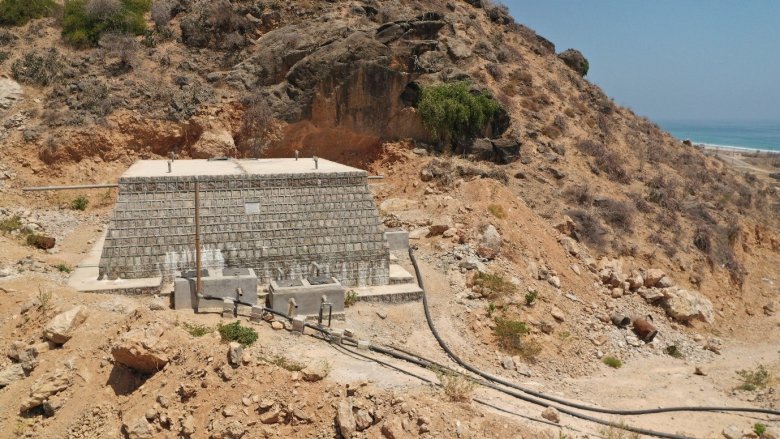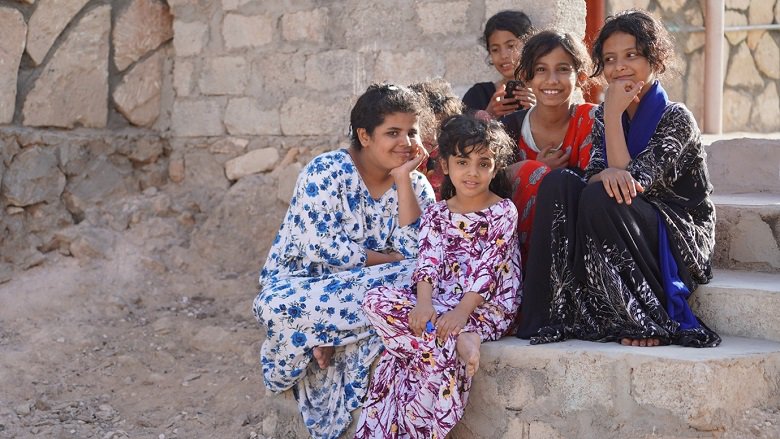Across Yemen, countless rural villages lack basic services, but access to safe drinking water is the biggest challenge for many in these vulnerable communities. Obtaining drinking water is a daily chore, with the responsibility almost always falling on women and children to fetch water. The problem is getting worse as climate change makes rainfall scarcer and less reliable.
To improve access to potable water and support families in three villages, the World Bank and its partners worked with the communities to build their own rainwater harvesting schemes. The project also paid local workers for their part in constructing rainwater harvesting systems in the three villages: Al-Adn (Ba��adan in Ibb); Al-Anin (Wasab Al-Aali), Dhamar; and Hawf (Al-Mahra).
The project demonstrates a simple technology��harvesting rainwater in cisterns--that can play an increasingly important role in mitigating the effects of global warming and in improving the lives of many people, particularly those in rural areas.
Haliya Al-Jalal, a resident of the Al-Adn village and a mother of six children, says that her family had to walk long distances to collect water. ��Fetching water from the stream caused us great hardship,�� she says. ��Many children dropped out of school to devote themselves to this task every day.��
The project demonstrates a simple technology that can play an increasingly important role in mitigating the effects of global warming and improving the lives of many people, particularly those in rural areas.






